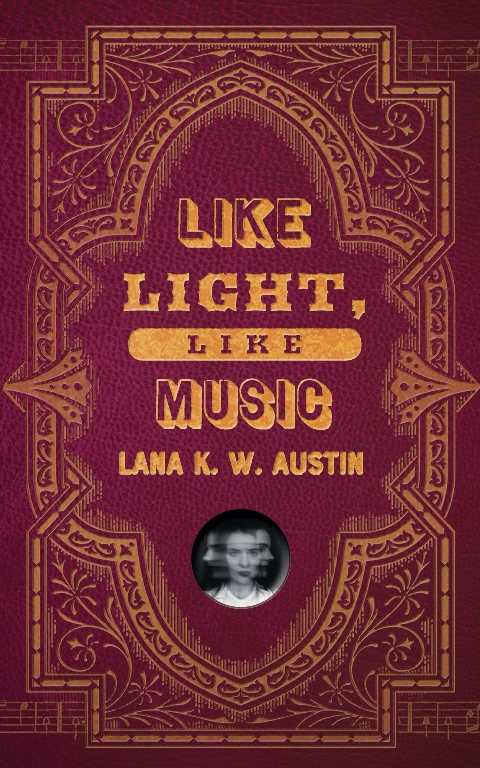Like Light, Like Music
It’s 1999; Emme McLean is twenty-eight. Ten years ago, she left rural Kentucky for college, and then a job in journalism in Washington, DC. Now, she’s headed back to her hometown to discover “what had made so many women in Red River, many of them Emme’s kin, half-mad and ranting about ghosts. … just before Emme’s cousin, Kelly, confessed to killing her husband.” Part apologetic, part educational, and wholly invested in the magic of Southern Celtic heritage, Lana K. W. Austin’s Like Light, Like Music acknowledges the scars left by an idyllic mountain home.
As Emme investigates, she thinks of “the strange country that was Kentucky and the stranger country … inside her own head.” Emme doesn’t know if she’s a skeptic or a believer, a person with audio-visual synesthesia or someone blessed with oracular visions thanks to her family’s “mountain gifts.” Black and white, magic and medicine, and country and city are contrasted in the starkest terms; Emme’s middle ground is undercut. Soon, she’s washed away on a tide of magic and romance—stand-ins for the specter of social problems.
Although the murder and consequent wave of madwomen bring Emme home, their ties to the book’s arc are loose. In many ways, the novel revolves around Emme waking up to the whiteness of her world and the ways that it covers up and enables a host of other issues. Still, the sole black family in the book is conveniently tied to her redemption, with its members functioning as plot devices for her moral edification.
Like Light, Like Music is a novel full of divergences that pursues the loves, lives, and lore of kith and kin. In it, a town’s haunting is a reason to delve into community’s stories—full of “despair merging with magnificence.”
Reviewed by
Letitia Montgomery-Rodgers
Disclosure: This article is not an endorsement, but a review. The publisher of this book provided free copies of the book to have their book reviewed by a professional reviewer. No fee was paid by the publisher for this review. Foreword Reviews only recommends books that we love. Foreword Magazine, Inc. is disclosing this in accordance with the Federal Trade Commission’s 16 CFR, Part 255.

